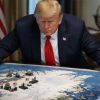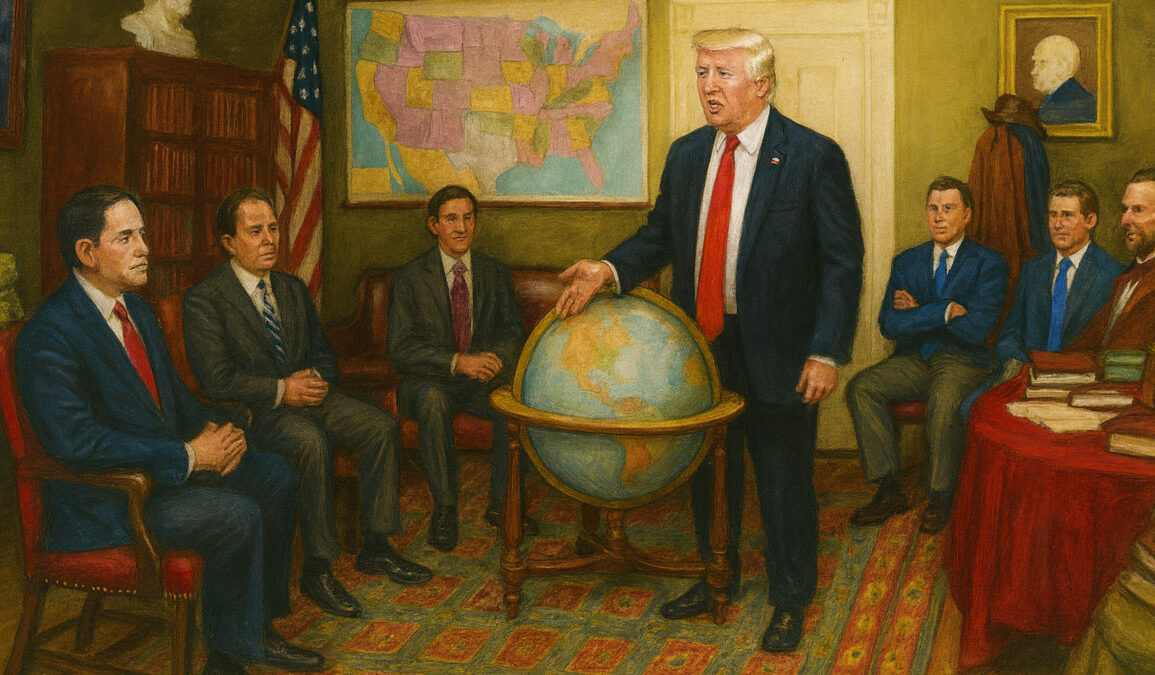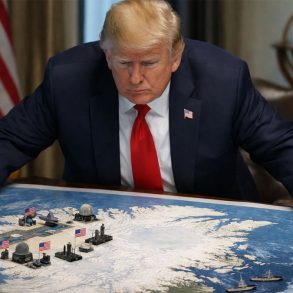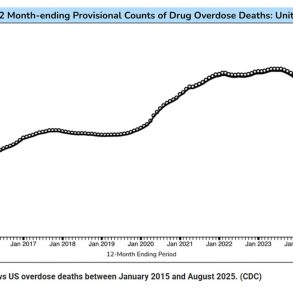President Donald Trump’s second term has introduced a sweeping vision for American power in the Western Hemisphere—what his aides and admirers have dubbed the “Donroe” Doctrine. Patterned after President James Monroe’s 1823 declaration that warned Europe to stay out of the Americas, Trump’s version turns the classic idea inward. The hemisphere, he argues, should no longer be a playground for foreign powers like China but a zone of U.S. security, commerce, and dominance.
A Modern Take on a Classic Idea
The term “Donroe Doctrine,” a play on Trump’s first name and Monroe’s, was first coined by the New York Post after the president mused about buying Greenland, reclaiming the Panama Canal, and making Canada the 51st state. What began as tabloid mockery has evolved into a defining foreign policy principle. Where Monroe’s message sought to block European colonialism, Trump’s plan asserts direct American control—military, economic, and political—throughout the hemisphere.
Redrawing the Map of Influence
Since returning to office, Trump has pushed an ambitious agenda to restore U.S. leverage across Latin America. He has ordered airstrikes against drug vessels in the Caribbean, authorized covert CIA operations targeting cartels, and stationed new naval and Marine forces near Venezuela. His message is clear: the Americas are now an extension of U.S. territory and will be defended as such.
Under the doctrine, Washington rewards loyal partners like Argentina and El Salvador while sanctioning or isolating governments it deems hostile, such as Venezuela and Brazil’s left-wing leadership. The result is a sharp realignment of U.S. foreign policy. Defense Secretary Pete Hegseth calls it “The Americas First” – a regional security strategy that redirects attention away from endless wars abroad and toward America’s own hemisphere.
Economic Leverage and Strategic Partnerships
Trump’s economic moves are as forceful as his military ones. The administration’s $40 billion rescue package for Argentina, combining a Treasury currency swap and private bank financing, stabilized the country’s currency and aligned Buenos Aires firmly with Washington. “If Argentina does well, others will follow,” Trump declared. The deal is designed not just to help Argentina’s libertarian President Javier Milei but to push back against China’s growing investments in South America.
Treasury Secretary Scott Bessent called the initiative “an economic Monroe Doctrine,” reflecting Trump’s belief that financial muscle can achieve what military occupation once did. Argentina’s dependence on Chinese loans and lithium exports makes it a battleground in the larger contest for influence between Washington and Beijing.
Who Benefits and Who Objects
Proponents argue that it is a long-overdue correction to decades of U.S. neglect. Figures like Steve Bannon praise Trump’s willingness to use strength close to home rather than chasing conflicts in the Middle East. “It’s breathtaking how broad this has been,” Bannon said, describing the rapid military and diplomatic surge across Latin America. Conservative commentators such as Charlie Kirk framed it as defending the homeland from narcotraffickers and Chinese encroachment alike.
Supporters believe Trump’s regional assertiveness sends a necessary warning to Beijing and Moscow, both of which have built footholds through infrastructure and mining deals. In this view, Latin America is America’s backyard—and losing it to China would be an unforgivable strategic blunder.
The Critics’ Warning
Not everyone agrees. Former officials like Leland Lazarus caution that resurrecting the Monroe Doctrine’s language risks alienating Latin partners and pushing them further toward China. “When Latin American and Caribbean partners hear that, they think that’s the return of imperialism,” he warned. Others, like Chilean diplomat Jorge Heine, say the approach is “all sticks and no carrots,” reminding Washington that 2025 is not 1823.
Critics also fear that Trump’s willingness to use military strikes and economic coercion could destabilize fragile democracies and reignite anti-U.S. sentiment. Some note that punishing allies such as Colombia or imposing tariffs on Brazil undermines the very unity needed to counter Beijing’s influence.
A Hemisphere in Motion
Despite the controversies, early results show countries adjusting to Washington’s renewed dominance. Panama withdrew from China’s Belt and Road Initiative after high-level U.S. visits, and Ecuador is seeking to host a new American base. Caribbean nations like Trinidad and Tobago have praised Trump’s naval operations against smugglers.
For Trump, this is about reclaiming what he views as America’s natural sphere of influence—a hemisphere that should no longer depend on outsiders for development or security. “He doesn’t want to f— around with the United States,” Trump said of Venezuela’s Nicolás Maduro, signaling the blunt edge of his policy.
America’s Backyard, Once More
The “Donroe” Doctrine marks a return to a more muscular form of American diplomacy. It seeks to rebuild hemispheric alliances on U.S. terms, wielding both tariffs and airstrikes to secure obedience. Proponents see it as a pragmatic response to China’s quiet advance across Latin America, a reassertion that the Western Hemisphere belongs to the West.
Detractors call it neo-imperialism. Yet to Trump’s supporters, it is common sense: before confronting global rivals abroad, America must first secure its own neighborhood. In a world where China is pouring money into ports, pipelines, and presidents south of the border, this may prove to be the bold, even necessary, step to keep America’s backyard firmly American.








